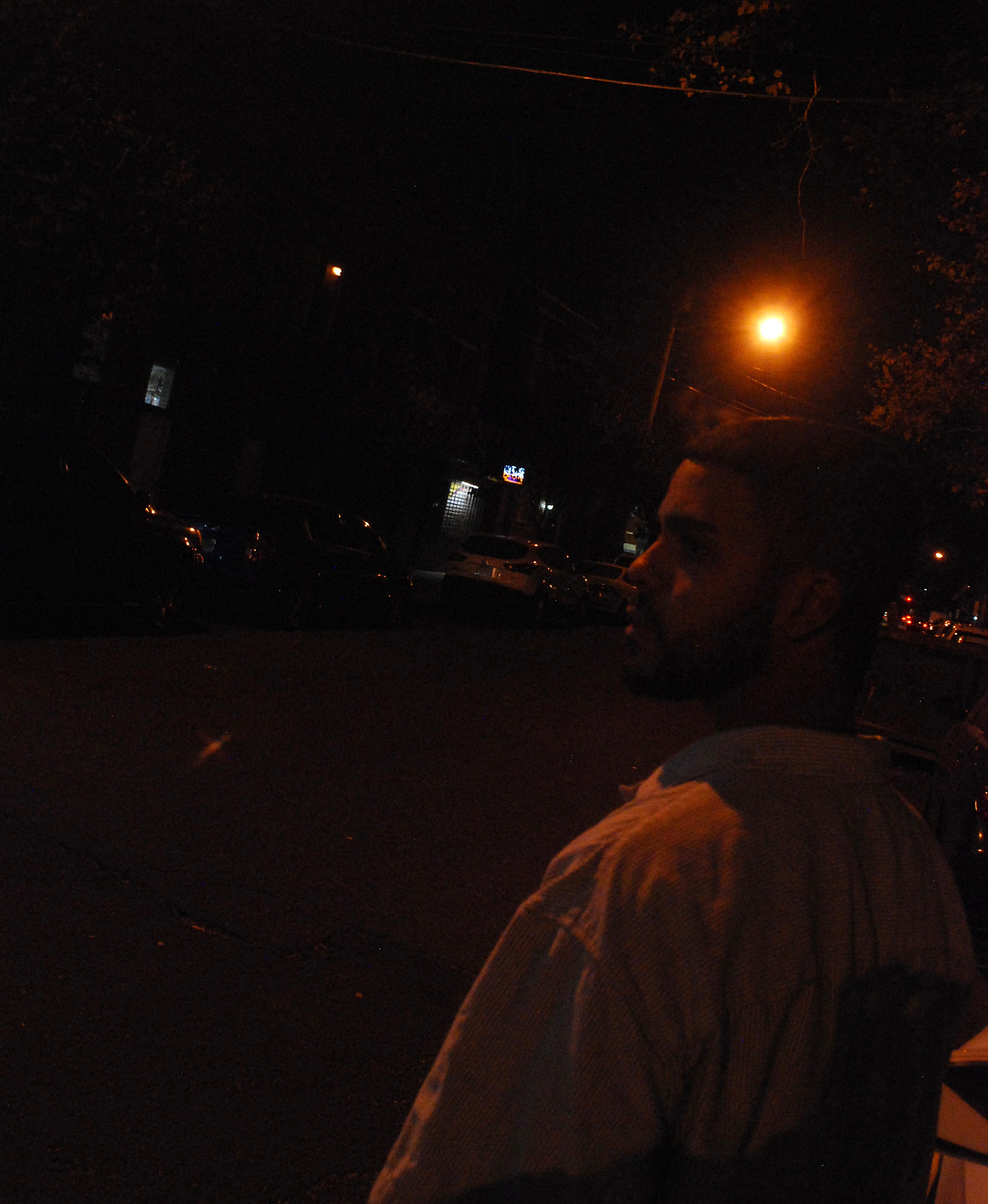It is the “holiday season,” which means it’s time for you to make your sacrificial offering to the Baals of our cult of consumerism…I mean, to commemorate the Almighty’s gift-of-self by giving gifts to your loved ones.
Lucky for you, we’re back with our annual winter book list.
We Have Never Been Woke, Musa al-Gharbi: Might be the most important book you ever read. Geniously combines the ideas of Lasch, Bordieu, and Baudrillard and applies them to today’s discourse, offering a path out of the foolishness of our woke vs. anti-woke paradigm, and making a case for grassroots direct-action. Read our review of it here.
Collected Poems of Federico Garcia Lorca (Bilingual edition published by Farrar Straus and Giroux): Lorca is an essential for cracks in pomo readers, as the themes of his poetry overlaps with so many of the topics we cover: Mediterranean pagan-Catholicism, esoteric symbolism, the Dionysian, sexual identity, contemporary Spanish pop culture (Rosalia, Elite, Almodóvar). Pay special attention to his poems on Holy Week, his repressed homoerotic longing, and his time spent in Harlem. Check out Stephen’s piece on Lorca’s Theory and Play of the Duende.
Wounded by Love, Elder (Saint) Porphyrios: Lately, we’ve gotten super into “schizo-brained” writings whose reliance on “magical thinking” transcends the Baudrillardian simulational confines of contemporary discourse (think Sufi poetry, Orthodox monastic spiritual writing, Freud). Among our favorites is the recently-canonized Elder Porphyrios, a Greek Athonite monk who died in 1991. His wisdom about spirituality in the modern world are to be savored like an aged liqueur, allowing it to seep into your bones and transform your sense of reality and self. His insights about manifestations of “diabolical” separation from God, others, and self—in the forms of judgement, gossip, ideological polemics, and careerism—informed much of what we discussed at our presentation at St. John’s in Savannah. Look out for more on these themes in our upcoming piece “Orthodox Schizos vs. Catholic Autists.”
The Light in the Piazza, Elizabeth Spencer: This is one of our favorite novel(la)s, as it perfectly captures much of Paglia and Novak’s insights about the enchanted Mediterranean ethos vs. the “buffered” Anglo ethos, and its broader psychological and anthropological implications.
Torture and Eucharist, William T. Cavanaugh: It’s hard to pick one, but this might be Cavanaugh’s best book…or at least his most powerful. Few are able to pull off such a use of sacramental (and ecclesiological and christological) theology to interpret cultural politics. He uses De Lubac’s writings on the Eucharist to critique the Church’s response to the Pinochet regime….who does that? Bill Cavanaugh does, which is why he’s one of our bffs of the pod.
Reality Hunger, David Shields: This book is wild…we don’t even know how to describe it. Basically, it’s a collage of excerpts from books, articles, speeches, songs, etc designed to call into question the nature of plagiarism…and of reality itself, and in the process makes a compelling (non-dogmatic/ideological) case for deconstructionism. He explain it well on this episode of Blame Theory.
Music: A Subversive History, Ted Gioia: While the political lens through which Gioia tells the story is kinda unnecessary, the story itself makes it worth the read. I’ve never read such a comprehensive and impassioned presentation of the history of music, starting from pre-historic times up until today’s pop. Most importantly, he’s able to write about music’s transcendent dimension in a manner than few are capable.
The Forgotten Radical Peter Maurin, ed. Lincoln Rice: Few people realize that while Dorothy Day was the “hands” that built the Catholic Worker, Peter Maurin was the “brain” behind it all. Peter taught Dorothy everything she new about CST, and helped her to bridge the gap in her mind between Catholicism and social change. I think what emerges from Maurin’s “Easy Essays” is how much his quirky, neuro-atypical thought process was neither suffocated nor allowed to run rampant, but was able to flourish in the context of his relationship with Day and the CW. Also, few have been able to articulate CST with such precision and passion…and without collapsing it into one of the prevalent political factions.
Freud, Psychoanalysis, Catholicism, Peter J.R. Dempsey: This is a great little primer for squaring away Freudian psychoanalysis with (Thomistic) Catholic theology. Simple and useful to read alongside Freud. Also look out for our pod interview with historian of psychoanalysis, Eli Zaretsky.
The Bad Bunny Enigma: Culture, Resistance, and Uncertainty, Various: As we already announced, one of Stephen’s essays on the cult of celebrity and how postmodernism cracks through the modern secular vs. religious paradigm appears in this volume, among many other riveting essays on Bad Bunny’s oeuvre. Check it out.




